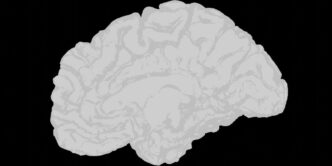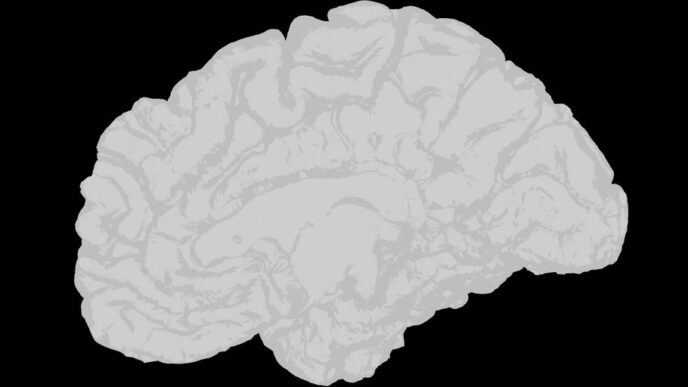A new investigation has been launched to scrutinize the Trump administration’s use of artificial intelligence (AI) in reshaping the federal workforce. The probe, initiated by Democracy Forward, aims to uncover the extent to which AI, particularly under the influence of Elon Musk, is being utilized to make personnel decisions and streamline government operations.
Key Takeaways
- Democracy Forward has initiated a public records investigation into AI use by the Trump administration.
- The probe focuses on how AI is being employed to assess the necessity of federal jobs.
- Concerns have been raised about transparency and the potential for errors in AI-driven decision-making.
The Investigation’s Background
Democracy Forward, a watchdog organization, has expressed concerns over the Trump administration’s approach to workforce management. Skye Perryman, the group’s president, emphasized the need for transparency regarding AI’s role in government operations. The investigation follows reports that federal employees’ responses to an ultimatum from Musk could be analyzed by an AI system to determine job relevance.
The AI system in question is a Large Language Model (LLM), designed to process vast amounts of text data to evaluate whether specific roles are mission-critical. This raises significant questions about the reliability of AI in making such critical decisions.
Allegations of Secrecy and Mismanagement
Reports indicate that sensitive data from various government departments, including the Education Department, has been fed into AI software. Critics argue that the administration’s reliance on AI for personnel decisions is shrouded in secrecy, undermining the principles of transparency and accountability.
Democracy Forward plans to utilize Freedom of Information Act (FOIA) requests to gather information from multiple agencies, including the Department of Government Efficiency (DOGE), which has been accused of operating without sufficient oversight. The Trump Justice Department has claimed that DOGE is exempt from public records requests, a stance that has drawn criticism from legal experts.
The Risks of AI in Government
The reliance on AI for decision-making in government has raised alarms among experts. Instances of AI failures in other contexts, such as New York City’s chatbot advising illegal business practices and Australia’s flawed Robodebt algorithm, highlight the potential for significant errors and mismanagement.
Geoffrey Fowler, a technology columnist, pointed out that automation in critical decision-making can lead to disastrous outcomes. The ongoing investigation seeks to address these concerns and ensure that the use of AI in government is both responsible and transparent.
Future Implications
As the investigation unfolds, the implications for the Trump administration and its approach to technology in governance remain to be seen. The outcome may influence how AI is integrated into public service and the extent to which transparency is prioritized in government operations.
In conclusion, the scrutiny of AI’s role in the Trump administration’s workforce management efforts underscores the need for careful consideration of technology’s impact on public service. The investigation by Democracy Forward aims to shed light on these practices and advocate for accountability in the use of AI in government.














